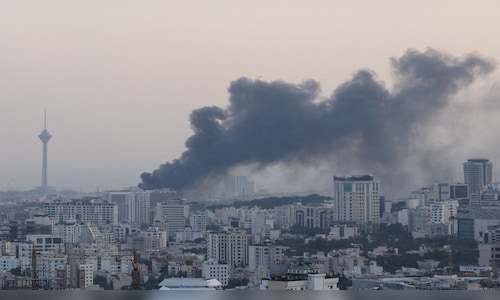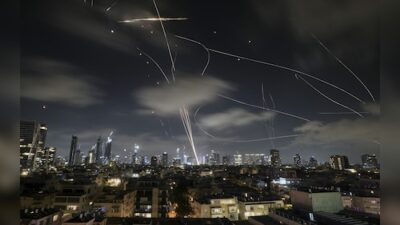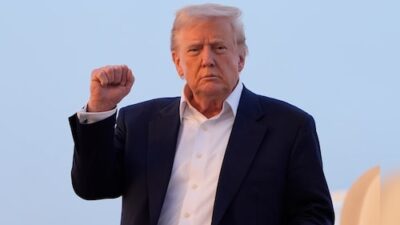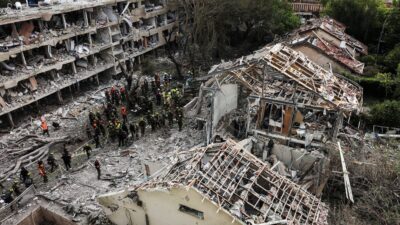Raymond Vickery, a Senior Associate at the Center for Strategic and International Studies (CSIS), stated that while the US may herald short-term military victories, the wider repercussions could prove destabilizing.
“Retaliation fosters retaliation, leading to a cycle of decline,” he noted. Drawing on previous interventions in Iraq, Afghanistan, and Vietnam, Vickery maintained that military accomplishments have not resulted in lasting peace. He critiqued the Trump administration’s strategy as being more centered on “personal glorification” rather than fostering peace through institutional channels.
He also raised concerns about Washington’s changing relationship with Israel, describing it as poorly articulated.
“We’ve observed a shifting strategy without a coherent overall consideration of the United States’ interests,” he remarked, adding that Gaza serves as a poignant example of strategic failure. The danger, according to Vickery, is that regime change in Iran might usher in “an even more radical Iranian regime.”
Anju Gupta, a Strategic Affairs Expert and former Director General of Police, suggested that the US likely had three main objectives behind the strikes—disrupting Iran’s nuclear ambitions, stopping attacks on Israel, and compelling Iran to accept zero enrichment.
“At face value, it’s quite questionable whether the three primary aims that the US likely contemplated for these strikes have, in fact, been achieved,” she noted. Iran asserted that the nuclear sites had been evacuated beforehand and swiftly retaliated with missile strikes on Israeli cities.
Gupta further emphasized the real radiation risks from additional strikes. “These facilities contain research reactors and spent fuel. If hit unintentionally, radioactive clouds could readily reach India based on wind patterns,” she warned, recalling how the 1986 Chernobyl disaster impacted regions far beyond the USSR. She highlighted the safety of the large Indian diaspora in the Gulf and the broader dangers to India should conflict escalate.
Vickery also indicated China’s possible involvement as an additional geopolitical concern. With Beijing reliant on oil from the Strait of Hormuz and closely allied with Iran, he voiced apprehensions that China could exploit the situation to extend its strategic foothold around India—describing it as a continuation of the “String of Pearls” strategy.
Gupta concluded that India is likely to experience significant repercussions if the conflict intensifies. She noted risks of contamination, disruption of trade routes, and the potential return of the Indian expatriate population in the Gulf. “Iran is our neighboring region… and we must actively prepare for this,” she emphasized.
Watch the video for more



